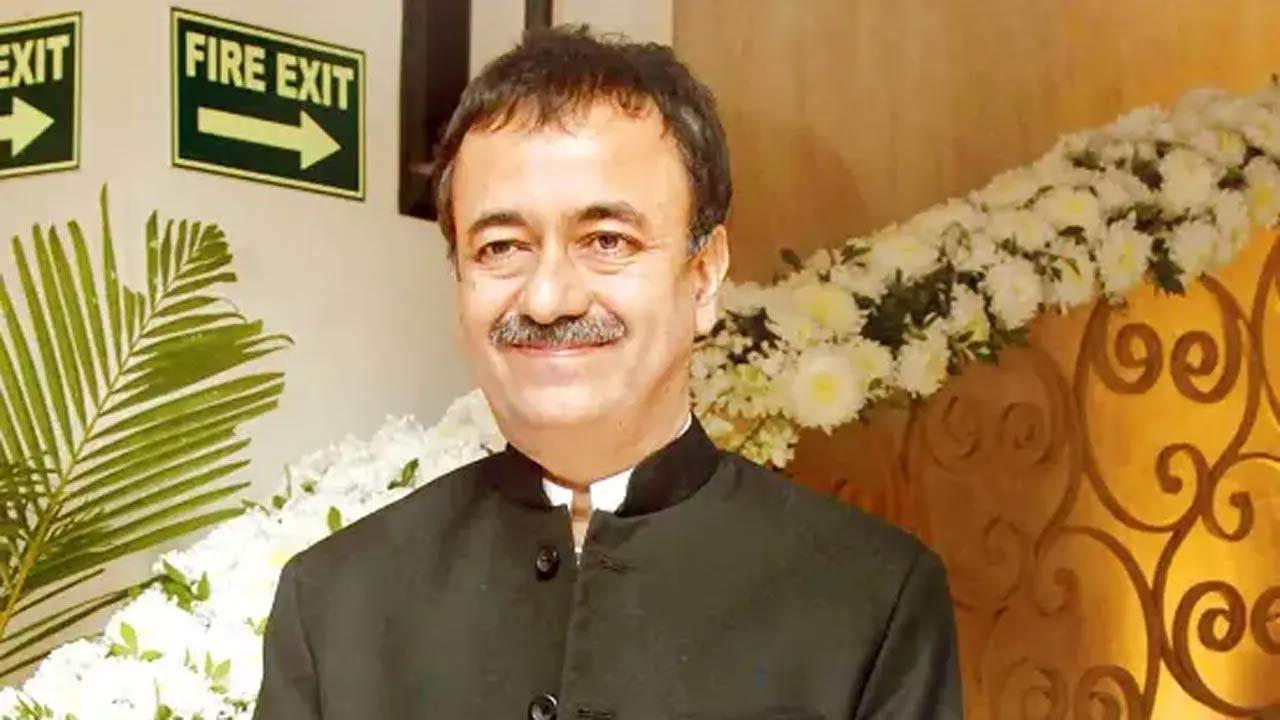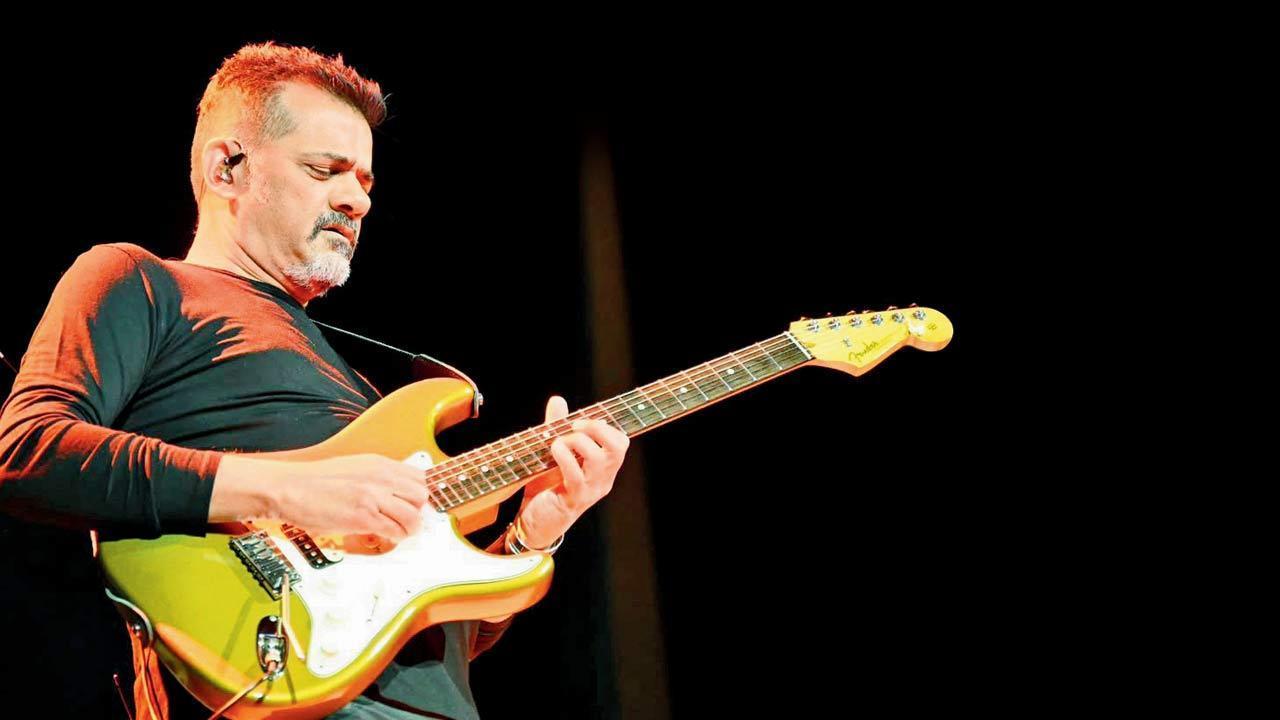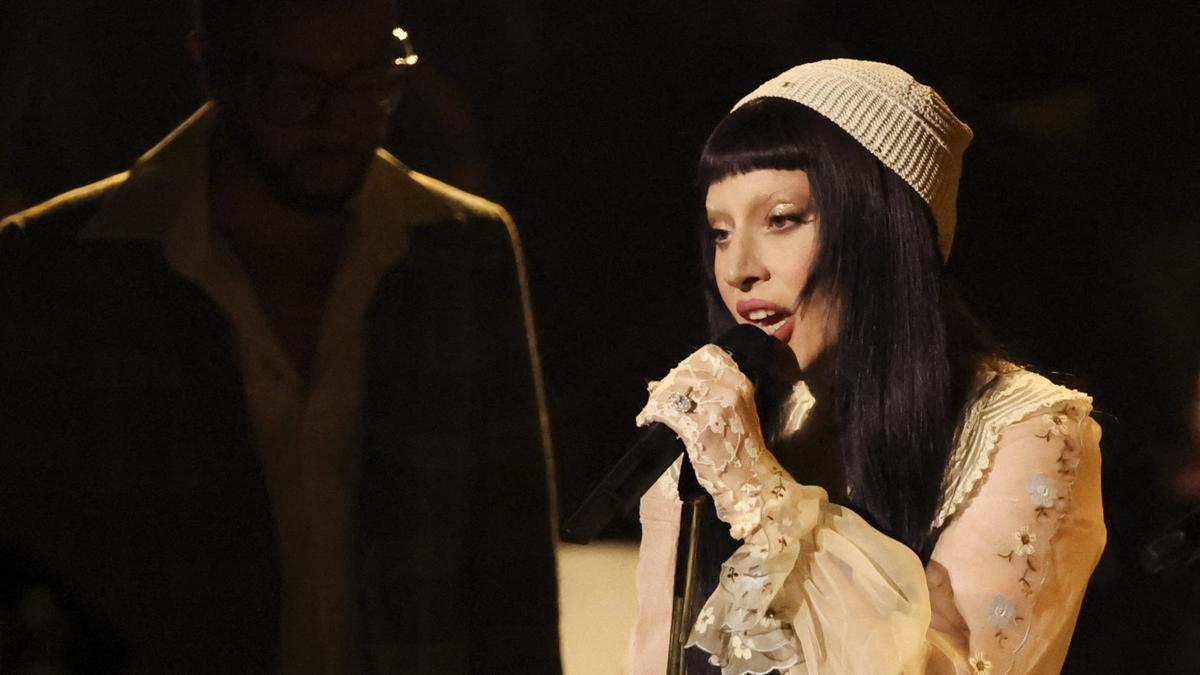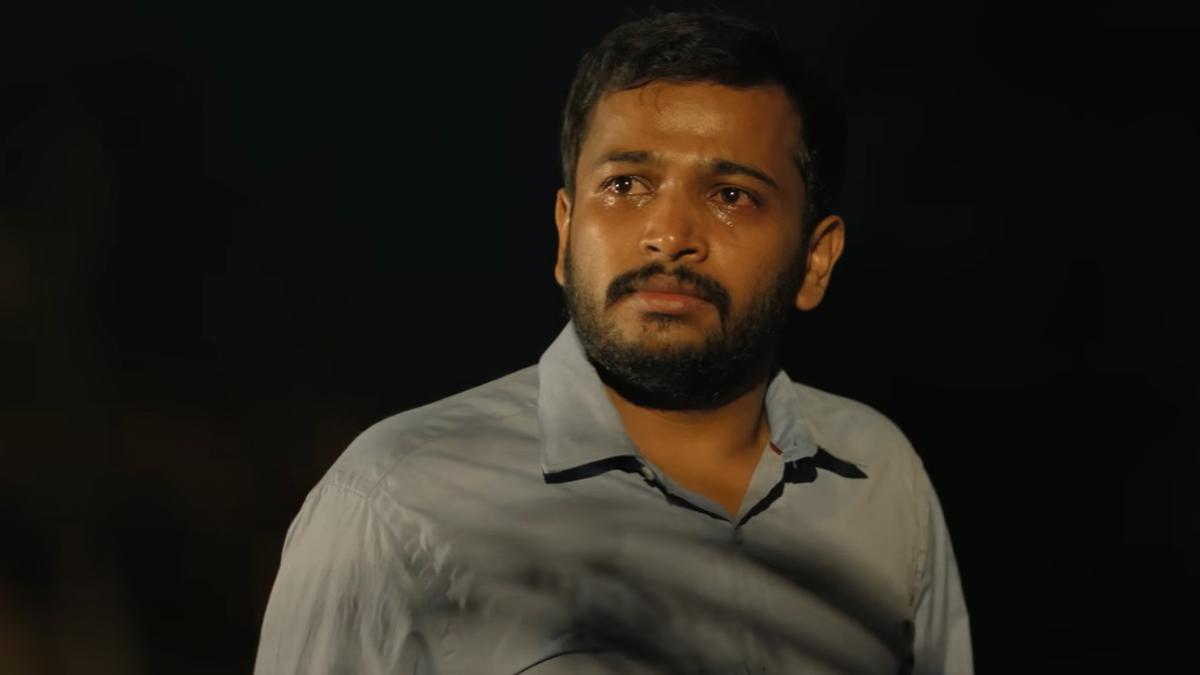
In the corridors of India’s grand old party, a swirl of déjà vu envelopes the atmosphere, as the Congress once again faces a familiar leadership dilemma reminiscent of the days post the 2019 Lok Sabha debacle. Three years past that significant electoral defeat, Rahul Gandhi vacated the position of party president, opening doors for Sonia Gandhi’s reinstatement in what was initially a provisional role. Fast forward three years, the party finds itself in a similar conundrum—the Gandhis appear reluctant to lead.
The Congress has set forth a timetable to appoint a new party president within the forthcoming month. Indecision prevails, as Rahul Gandhi has not yet resolved to take charge, Sonia Gandhi steps back citing health concerns, and the alternative option, Priyanka Gandhi Vadra, has not gathered significant traction. With less than two years remaining before the next Lok Sabha elections, Congress faces the urgency of leadership decisions just as it did in the summer of 2019.
The long-standing tradition of a Gandhi at the helm could potentially be broken, stirring debates within the party walls—a non-Gandhi president may emerge for the first time in 23 years, following in the footsteps of Sitaram Kesari, whose term was truncating abruptly in favor of Sonia Gandhi in 1999.
This upcoming shift in leadership, whether it heralds a Gandhi or a non-Gandhi, will be determined through an electoral process that began on August 21 and will culminate with the selection of a new president by September 20, 2022.
Names of experienced Congress leaders are circulating as potential successors, including Rajasthan Chief Minister Ashok Gehlot, General Secretary Mukul Wasnik, former Lok Sabha Speaker Meira Kumar, ex-Finance Minister P Chidambaram, and Leader of Opposition in the Rajya Sabha, Mallikarjun Kharge.
The younger faction within the Congress holds onto aspirations of ascending to luxury, although recent abandonments by prominent young politicians such as Jyotiraditya Scindia and Jitin Prasada have made party strategists hesitant to place their bets on youthful contenders. Conversely, the “G-23” group, comprised of dissenting party members, may prospectively present its candidates for both presidential and Central Working Committee positions.
The necessity of a full-time president is palpable, particularly with the approach of key state elections preceding the national electoral battle in 2024.
However, the possibility of a non-Gandhi president poses a dual-edged predicament for Congress—on one hand, potentially dispelling criticisms of nepotism, and on the other, risking internal mistrust, exacerbated factionalism, and struggles over the party hierarchy.
Renowned political analysts have weighed in on the situation. Rasheed Kidwai, author of “24 Akbar Road,” articulated that the election of a non-Gandhi president would signify a significant lack of confidence in Rahul Gandhi. Dr. Nilanjan Mukhopadhyay suggested that Congress could benefit from a “free and fair election,” emphasizing the detrimental effects of reliance on a single individual or family.
On a comparative note, Sanjay Kumar from the Centre for the Study of Developing Societies highlighted the differences in tenure longevity between Gandhi and non-Gandhi presidents, pointing out that while a Gandhi may unify the party, the family’s inability to galvanize voters and inspire party leaders has become a more visible liability.
While party historians surmise the theoretical potential for a non-Gandhi prez, the practical feasibility remains questionable, given the past precedent and current political climate.
Discussions within the party have alluded to coaxing Sonia Gandhi to retain her leadership position, fostering stability. In this scenario, the appointment of working presidents could address internal unrest, particularly in regions like Rajasthan.
Contrarily, Dr. Mukhopadhyay warns that should Rahul Gandhi decline to lead and a “remote-controlled” non-Gandhi leader is appointed, it could render the organizational polls meaningless.
Amid speculation and uncertainty, Sonia Gandhi’s potential continuance has its proponents, owing partially to the looming Enforcement Directorate inquiry into the National Herald case. The dynamics of the investigation could shift significantly based on whether Sonia maintains her presidential status.
The Gandhis, crucial players in this unfolding drama, have yet to divulge their intentions. The eventual candidate for president from within their ranks will shape not only the party’s future but also set a precedent for leadership as the Congress steels itself for the crucial combat at the polls in 2024.










